milKit is a tubeless sealant with a few distinctive characteristics. It is a long-lasting solution that coats the inside of the tyre rather than remaining fluid. It performed in line with the best tubeless tyre sealants during our test for an extended period of time.
- How does tyre sealant work?
- Effetto Mariposa Caffélatex sealant review
- Halo Fibre-Tech Tubeless Sealant review
milKit Tubeless Sealant - Technical details
milKit's Tubeless Sealant is a synthetic latex solution, containing microfibers to aid sealing punctures. It doesn't contain any chemicals, like ammonia, that might damage the tyre, tube or the environment.
According to milKit, it is CO2 compatible and has a working temperature range of -20 to +50 degrees centigrade. Several alternative sealants work with CO2, however, some need you to revert to air as soon as possible or when you get back home. With milKit, though, you should be able to leave it in after a trailside fix.
There are some big claims about its longevity, such as a shelf life of up to five years, even after opening the container, and staying the same viscosity inside the tyre for six to nine months without drying out.
milKit Tubeless Sealant - Performance
To test sealant performance, we created a standardised puncture test to assess each contender. The same exact tyre on the same rim for each sealant. The tyre used was a Halo GXC, measuring 47mm. Tyre sealant was added in the amount suggested by the manufacturer, and the tyre was inflated to 40psi. This pressure was chosen to give a realistic tyre pressure for all areas of off-road riding. A digital tyre pressure gauge was used to ensure that the pressure was identical on each test. After that, the tyre was rotated sufficiently to ensure that it was distributed evenly throughout the tyre. The tyres were all punctured by driving a 3mm nail through the carcass. The wheel was rotated to assess if the sealant had successfully sealed the hole. If the sealant worked, the test was repeated using a 5mm diameter nail, and if successful on the larger hole the remaining air pressure was measured with a digital pressure gauge and the result was recorded.
While the bigger 5mm puncture saw some fluid sprayed out. The smaller 3mm puncture was immediately sealed with no spray or air loss. The test was repeated on the 5mm hole to ensure that the result was the same, with the pressures remaining at 35psi and 36psi, respectively. The hole stayed totally sealed with no bubbling or air lost over a longer period of time, indicating the seal will be permanent. The pressure lost is in line with some of the others tested but it's within 1-2psi of the best.
To fully test the long-term claims, we used milKit for several months in multiple different MTB and gravel tyres. Looking inside the tyre, the sealant has remained the same consistency. It's formed a gloopy consistency that has some fluidity and covers the entire carcass of the tyre. When removing the sealant it washed out easily with no residue remaining, except a slightly blue-tinged colour faintly visible. When removing and cleaning out one tyre, there were several thorns throughout the carcass showing the sealant had worked while riding – granted they weren't very big thorns.
milKit Tubeless Sealant - Verdict
milKit sealant is available in various sizes from the smallest 60ml (£6) to 125ml (£12). Value improves as the size increases with 250ml at £15, 500ml at £20 and the largest one-litre priced at £30. There is a five-litre size, too, aimed at workshops for £99.
These prices compare well against other well-reviewed sealants with one of the best and most similarly priced, Peaty’s Holeshot Biofibre. WTB TCS is a sealant that is hard to beat on price. It performed well and costs £5 less for the 1,000ml equivalent size.
It might not be the cheapest but the performance has been excellent. Only a little air was lost and the performance was repeatable with sealant longevity being the big positive.



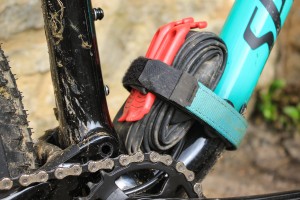

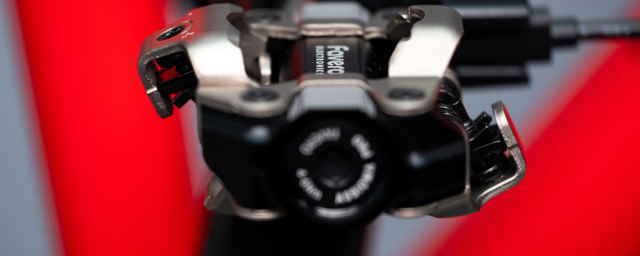

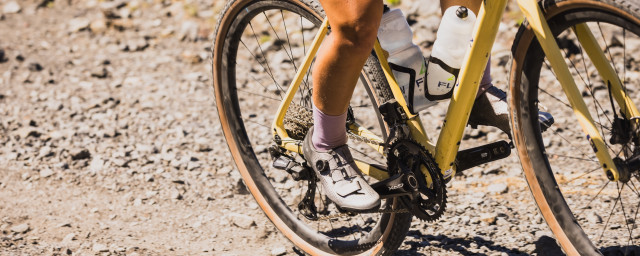
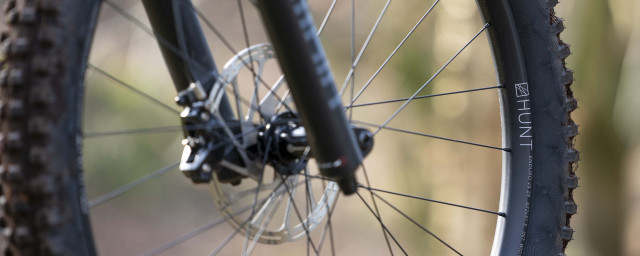


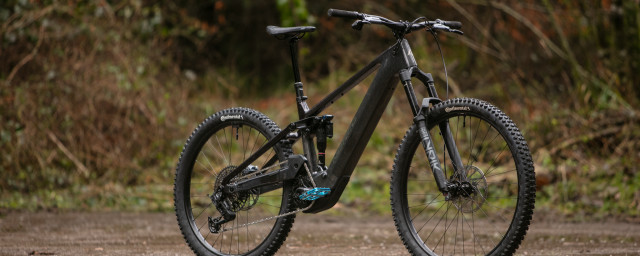
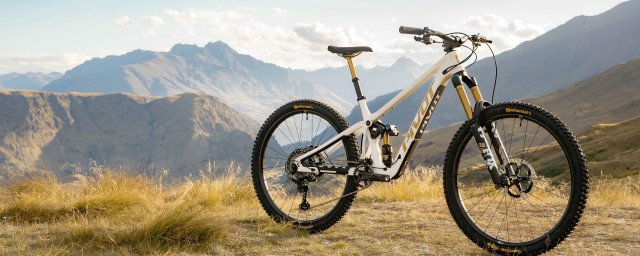
Add comment